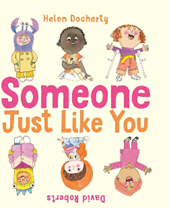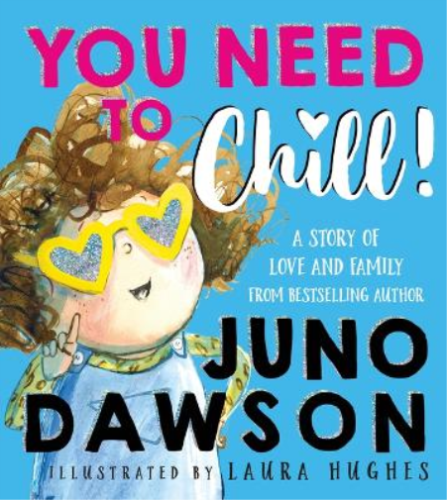What happened to you by James Catchpole and Karen George
KS1- Y3
lesson plan
|
Text: What
happened to you by James Catchpole and Karen George Lesson plan by Andrew Moffat |
|
Enquiry question: Can I ask a question? |
|
RSE links: the importance of respecting others, even when
they are very different from them (for example, physically, in character,
personality or backgrounds), or make different choices or have different
preferences or beliefs. that healthy
friendships are positive and welcoming towards others, and do not make others
feel lonely or excluded the conventions
of courtesy and manners |
|
Starter: discuss
the front cover of the book- what is the child doing? Do you notice anything
different about the child? What do you think the child is playing? Do you
play on swings, could you join in? |
|
Main: Read,
“What happened to you” and discuss: -what is Joe’s favourite game? - why do you think Joe says sharks are easy
compared to kids he hasn’t met yet? - How do you think Joe feels when the child
shouts, “You’ve only got one leg!” - How do you think he feels when they ask,
“What happened to you?”, why doesn’t he say, “Go away” or “none of your business”?
why doesn’t he tell the child why his body is a bit different? -Look at his face on the double page spread
after all the children come up with suggestions about his leg. How is he
feeling? What do you think he wishes they would say instead? (can we play
with you?) - “is that a crocodile down there?” – why is
this a much better thing for the child to say? What does it show about the
child, and how does it make Joe feel? - how have things changed after this? - Why does Simone choose to not find out what
happened at the end? |
|
Activity: We all
have things that are different about us – every single one of us. Some you
can see, some you can’t see. Is it ok to ask someone why or how they are
different? Draw a picture of Joe and around him write opening sentences to
make friends with him that don’t focus on his body being different. For
example, “Hello, my name is ____, what’s your name?” or, “Can I play with
you?” |
|
Plenary: At the end of the book there is a note
from the author James where he asks people to have empathy and manners. What
do you think he means by this? what can we learn from Simone in this story? - what can we learn from joe? It’s good to talk about difference, but who
should decide when is the right time to talk about a way someone is different
(the person should get to decide when and if they want to talk about it) Why is this about no outsiders? |




Comments
Post a Comment